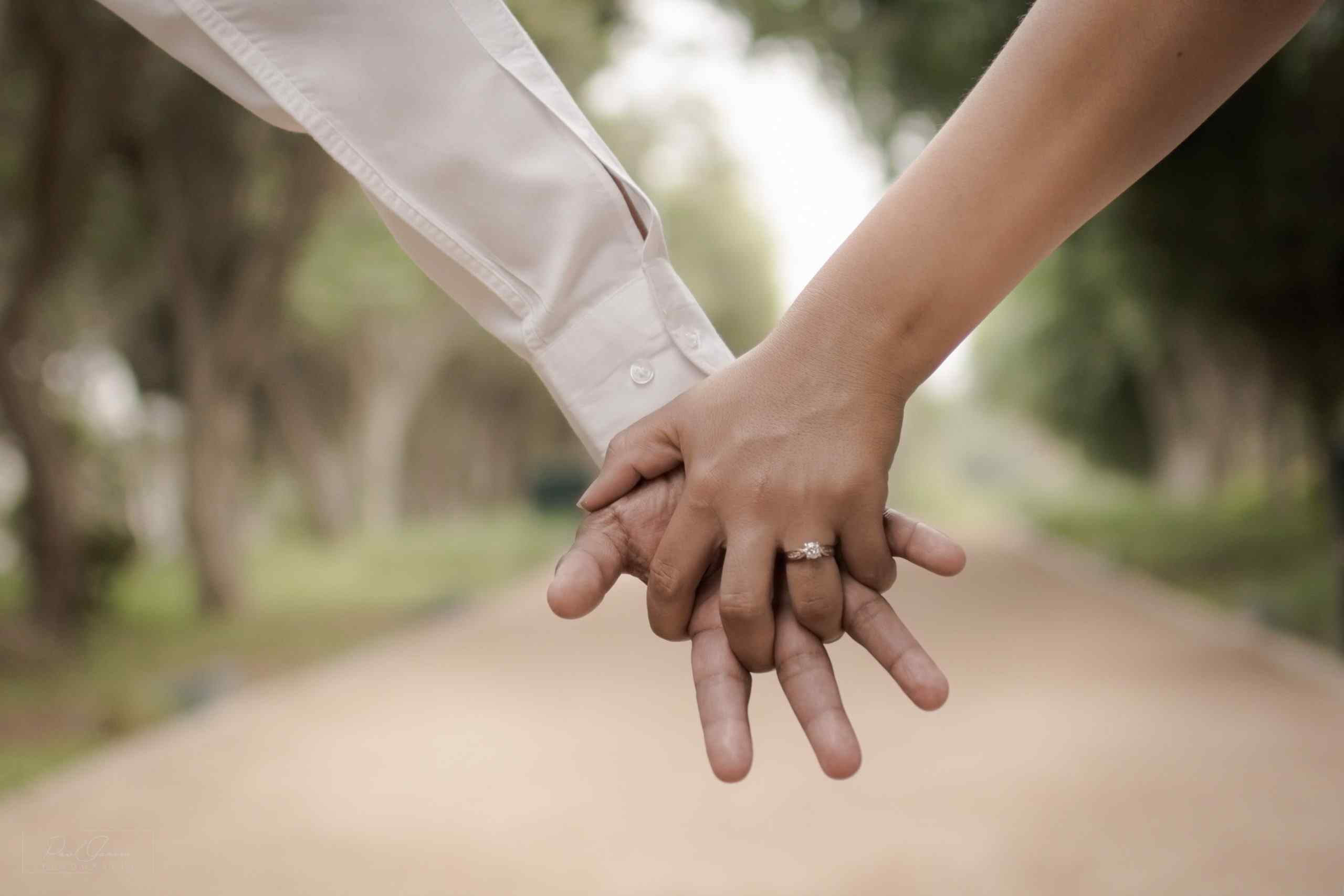Everyone needs social connection and fulfilling friendships, whether they are aware of it or not. We desire to be seen, understood, and appreciated for who we are. When those needs are not met, we may feel distressed and uneasy. This uncomfortable feeling is loneliness.
 Loneliness can be experienced on a spectrum of intensity, from occasional and mild to chronic and debilitating. No one is immune from experiencing loneliness, including married people, partnered people, and children. Flower Mound Christian Counseling offers support and guidance for those navigating these feelings.
Loneliness can be experienced on a spectrum of intensity, from occasional and mild to chronic and debilitating. No one is immune from experiencing loneliness, including married people, partnered people, and children. Flower Mound Christian Counseling offers support and guidance for those navigating these feelings.
Before 2020, loneliness was so prevalent across the United States, Asia, and the United Kingdom that it was already labeled a “behavioral epidemic.” In the post-pandemic world, the number of people experiencing loneliness has only climbed. Loneliness has been linked to an array of health issues, including heart disease, Type 2 diabetes, arthritis, increased production of stress hormones, poor sleep patterns, and weakened immune systems.
This may not be an easy topic for people to tackle. In the case of a lonely spouse, there may be shame and even guilt in admitting to feelings of loneliness. However, before we can determine how to cope with loneliness, it is important to understand where it stems from in your life, and how it manifests.
Causes of Loneliness
Research into the topic, such as the UCLA Loneliness Scale, looks at various aspects of a person’s life, to what degree they feel left out or included, how “in tune” they feel with those around them (including their spouse or romantic partner and family), and whether they feel that they have at least one person they can turn to in times of strife
Among the adult population aged between twenty-two and thirty-five, the majority who experience loneliness are the unemployed and those of a lower income bracket. This is probably because most adult friendships are initiated in the workplace. Adult Americans are 81% more likely to gravitate to people of a similar or the same age bracket, race, faith, sexual orientation, and social standing as themselves. This can put minorities at greater risk of feeling overlooked and undervalued and prone to loneliness.
 Married and romantically attached people may often feel disconnected from their partner, misunderstood in their intentions, or overlooked and undervalued, leading to feelings of loneliness. They may feel as if they are overreacting to the situation, and they may tend to gaslight themselves into believing that all is well, despite feeling lonely and depressed.
Married and romantically attached people may often feel disconnected from their partner, misunderstood in their intentions, or overlooked and undervalued, leading to feelings of loneliness. They may feel as if they are overreacting to the situation, and they may tend to gaslight themselves into believing that all is well, despite feeling lonely and depressed.
The most extroverted, outgoing, and popular person might be the loneliest, studies have shown. In a large and outgoing friend group, activities are often superficial and distracting. This means that there is often very little opportunity for true connection and genuine intimacy, resulting in a cycle in which the lonely person pursues increased opportunities for interaction, only to regularly fail to form any meaningful connection. With each interaction they may receive morsels of intimacy – never enough to satisfy a soul hungry for connection.
The majority of chronically lonely people, however, are the ones who rarely venture outside of their comfort zone, denying themselves the opportunity for real connection and intimacy. They might find life easier to control when on their own, and control can spell peace of mind if they are battling anxiety, depression, or phobias. A life of solitude and isolation can therefore mean a life of balance, calm, and order. However, a life of solitude is often an empty and lonely life too.
Unhealthy Coping Mechanisms
Loneliness is often disguised by other behaviors, such as boredom or the need for constant stimulation and distraction. Toxic positivity is the tendency to always appear “on top” and cheerful, despite not truly feeling it, and this is a common masking behavior of people experiencing loneliness. They may also present “fawning” behavior, where they ignore their own needs to cater to the needs of others. Each of these behaviors will exacerbate the feeling of loneliness.
 Besides masking behaviors, loneliness is often inseparable from feelings of guilt, shame, and depression. The mother who constantly puts the need of her family before her own may end up feeling resentful of the fact that she is overlooked by her family.
Besides masking behaviors, loneliness is often inseparable from feelings of guilt, shame, and depression. The mother who constantly puts the need of her family before her own may end up feeling resentful of the fact that she is overlooked by her family.
This leads to twin feelings of loneliness for the lack of reciprocation, and guilt over her feelings of resentment. The student who has failed to make connections in college might conclude that they are in some way “not good enough.” This shame or embarrassment merges with loneliness to make for a miserable time at school.
Men and Loneliness
There is a cultural stigma against emotions like guilt, shame, embarrassment, depression, and loneliness. Men in particular often see them as weaknesses. Some of the language used today, like having a “positive mental attitude” can often be more damaging than helpful, if the underlying issues surrounding these negative emotions are not addressed. Wearing a mask to disguise loneliness is more harmful than dealing with the underlying cause of the loneliness.
Men are likely to develop addictions by way of self-medicating loneliness, like substance abuse, gambling and obsessively playing video games. Men and women of all ages may find themselves cycling through sexual partners to simulate intimacy. The conflict they face is desiring physical intimacy but avoiding the emotional intimacy of a relationship. Again, these negative coping mechanisms have a cyclic effect of exacerbating loneliness.
The Effects of Social Media
People experiencing loneliness often have a deep desire to be seen and understood, and social media provides a platform for exactly that. They can freely share snapshots of their lives, express their deeper thoughts, and receive some much-needed attention or affirmation. However, the engagement that social media offers is often hollow, even when well-meaning.
There is a rise in digital romantic relationships that are sometimes fostered for years at very intense levels of communication, but seldom ever provide face-to-face meetings. Far from helping, social media may increase the fear of missing out. At best it may provide some form of company and small hits of dopamine, but at worst it provides a substitute for real intimacy that only makes the feeling of disconnect deepen.
Healthy Coping Strategies
What course of action should you take if you are experiencing loneliness? The answer may be a nuanced one because, as we have seen, loneliness operates with so many other issues. For example, if you are experiencing loneliness with depression, being told to “get out and join a club or class” is not likely to help you.

The depression along with the loneliness must be addressed. Social anxiety may be the reason you are struggling to make connections, and the thought of leaving the house to interact with strangers in the flesh may only heighten your anxiety.
On the other hand, rising to a new challenge like learning a skill with like-minded people (i.e., a foreign language class), or else volunteering for a cause may lend a focus and sense of purpose that could be very beneficial to you. In a similar vein, adopting a pet will provide companionship and open up avenues for potentially connecting with other pet owners.
Lonely people are not always isolated people. Parents, spouses, and those in outwardly thriving friend groups are often lonely in complex ways. Redirecting focus on existing relationships may be necessary.
In a large friend group, it could be an idea to invite one member out for a one-on-one meal and try to get to a deeper, more honest level of communication. It may feel awkward at first, but it also might set a new precedent in your friendship dynamic.
Ultimately, a good starting point to coping with loneliness begins with understanding its origin and noticing the effects it is having. This can be done by talking to a trained counselor, therapist, or online support.
The benefits of these options are that all discussions will be in a confidential, low-risk environment, and the person listening is likely to have insight, understanding, and compassion. Should you require assistance in getting an appointment with a trained counselor, at Flower Mound Christian Counseling, please do not hesitate to contact our office. We are ready and willing to help.
References:
Jeste, D. V., Lee, E. E. and Cacioppo, S. (2020). Battling the Modern Behavioral Epidemic of Loneliness: Suggestions for Research and Interventions. JAMA Psychiatry. DOI: 10.1001/jamapsychiatry.2020.0027.
“Sitting in the Field”, Courtesy of Edu Grande, Unsplash.com, CC0 License; “On the Boardwalk”, Courtesy of Tobias Rademacher, Unsplash.com, CC0 License; “Woman Sitting Alone”, Courtesy of Omar Ram, Unsplash.com, CC0 License; “Watching the Water”, Courtesy of GRAY, Unsplash.com, CC0 License
-
Joanna Kucherera: Author
Hi there! I am Joanna Kucherera, a Writer, Speaker, and Trainer with a passion for mental health awareness, relationships, and family counseling. I hold an Honours degree in Psychology from The University of Zimbabwe. Beyond my professional endeav...
DISCLAIMER: THIS ARTICLE DOES NOT PROVIDE MEDICAL ADVICE
Articles are intended for informational purposes only and do not constitute medical advice; the content is not intended to be a substitute for professional medical advice, diagnosis, or treatment. All opinions expressed by authors and quoted sources are their own and do not necessarily reflect the opinions of the editors, publishers or editorial boards of Stone Oak Christian Counseling. This website does not recommend or endorse any specific tests, physicians, products, procedures, opinions, or other information that may be mentioned on the Site. Reliance on any information provided by this website is solely at your own risk.





